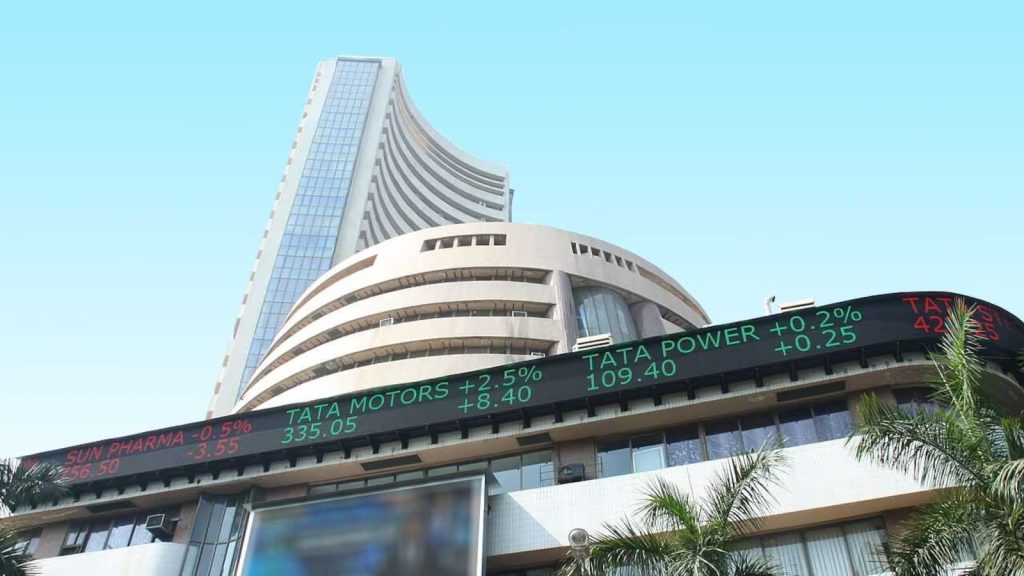The Bombay Stock Exchange (BSE), established in 1875, is Asia’s oldest and one of the world’s fastest stock exchanges. It plays a pivotal role in the Indian financial market, enabling the buying and selling of stocks, derivatives, and other financial instruments. This blog post serves as a beginner’s guide to understanding the BSE and its significance in the Indian economy.

What is the BSE?
The BSE functions as a marketplace where investors can trade shares of publicly listed companies. It provides a platform for companies to raise capital by issuing shares and for investors to invest in these companies and potentially earn returns. The BSE operates electronically, with trades executed through a computerized trading system.
How Does the BSE Work?
The BSE follows an electronic trading system, where orders to buy or sell shares are placed through brokers or online trading platforms. These orders are then matched electronically based on price and quantity. Once a match is found, the trade is executed, and the shares are transferred from the seller’s demat account to the buyer’s demat account.
Key Indices of the BSE
The BSE Sensex, a benchmark index, is widely regarded as a barometer of the Indian stock market. It comprises 30 of the largest and most actively traded companies in India. The BSE also offers several other indices, such as the BSE Nifty 50, BSE Midcap, and BSE Smallcap, which track the performance of companies in different market segments.
Benefits of Investing Through the BSE
- Investment Opportunities: The BSE provides access to a wide variety of stocks across different sectors, allowing investors to diversify their portfolios.
- Price Discovery: The efficient trading system of the BSE ensures fair price discovery for stocks, reflecting their true market value.
- Regulations and Safety: The BSE is a regulated market, ensuring transparency and safety for investors.
Getting Started with the BSE
If you’re interested in investing through the BSE, here’s what you need to do:
- Open a Demat Account: A demat account acts as a digital repository to hold your shares electronically.
- Choose a Broker: Register with a SEBI-registered broker who can guide you through the investment process.
- Understand Market Risks: Before investing, research and understand the inherent risks associated with the stock market.
Conclusion
The BSE plays a critical role in the Indian financial system, facilitating investment and economic growth. By understanding the basics of the BSE, you can make informed investment decisions and potentially benefit from the growth of the Indian stock market.




